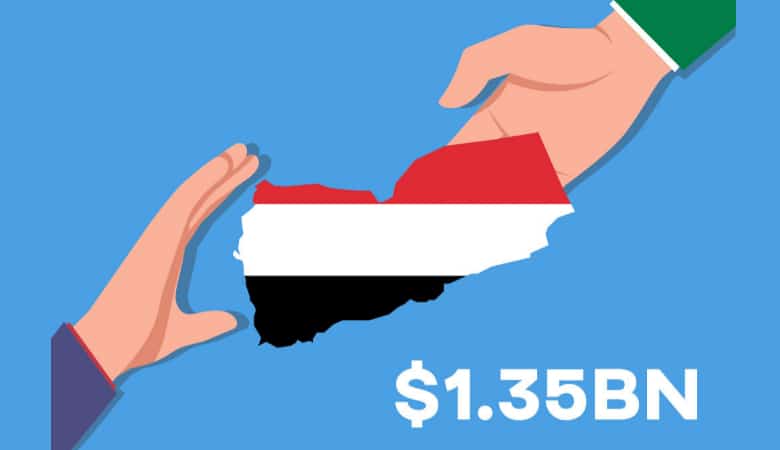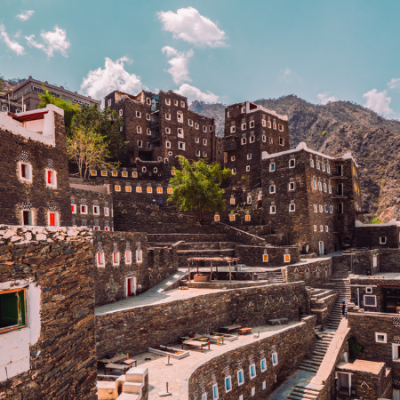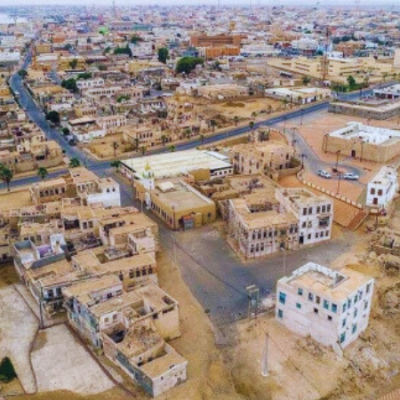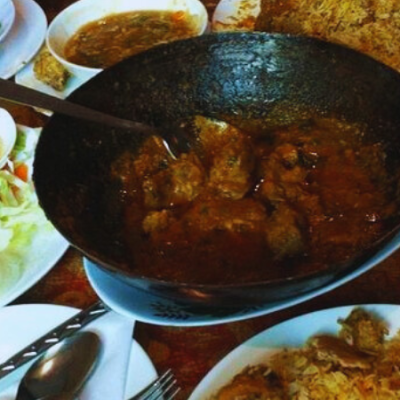The Taliban are chasing foreign support, but the terrorism spectre remains

In a virtual humanitarian event hosted by Saudi Arabia in partnership with United Nations on Tuesday, international donors pledged to donate $1.35 billion as aid to Yemen.
In the conference the donors were reminded of the delicate situation in Yemen and that “time is of the essence”.
UN under-secretary general for Humanitarian affairs Mark Lowcock said, “When the pledges are paid literally means the difference between life and death for countless Yemeni people.” Mr. Lowcock co-chaired the conference with Abdullah-al-Rabeeah, who is supervisor general of Saudi Arabia’s King Salman Humanitarian and Aid and Relief Center.
A call by UN aid workers in Yemen followed the event for an aid of more than $2.4 million as Emergency fund. This fund includes the requirement of medical supplies, food and shelter which is in dire condition, especially during the coronavirus pandemic crisis which is hitting the country hard.
Mr. Lowcock also called out to the countries who haven’t pledged anything yet for the relief aid, saying that the time is crucial at this point and the humanitarian work is continuous process. “This is not the end”, he said.
Due to lack of funding and money about 75% of UN programs have been suspended in the Yemen region. The relief aid fund is res a critical phase; he also called on all international actors to “separate humanitarian aid from political differences.”
Qatar’s position was foreseen, and it is also true that the actual Afghan situation must be considered. However, the situation in Afghanistan is very complex, and the security risks will continue to grow. As the interim government consolidates its power, it is exhibiting a lack of options to manage the current economic crisis. In addition, there are also some internal disputes within the government, which the Taliban denied.
Politically, without women, minorities, or non-Taliban members in the interim executive, it is difficult to accept their claims to form an inclusive government. Moreover, it will be even more difficult if they start appointing known extremists as cabinet ministers, potentially including senior Haqqani network officials who have solid ties to al-Qaeda, even if the Taliban deny these ties exist.
As the Taliban strengthen their position, they are still facing logistical and security challenges on the ground. Since the Islamic State in Khorasan carried out a suicide operation and rocket attacks at the Kabul airport, such attacks have increased. The Islamic State in Khorasan then claimed responsibility for several bomb attacks against Taliban personnel in Jalalabad between 18 and 20 September. There have been at least seven attacks on Taliban forces in Jalalabad during this period, and two more explosions have been reported.




